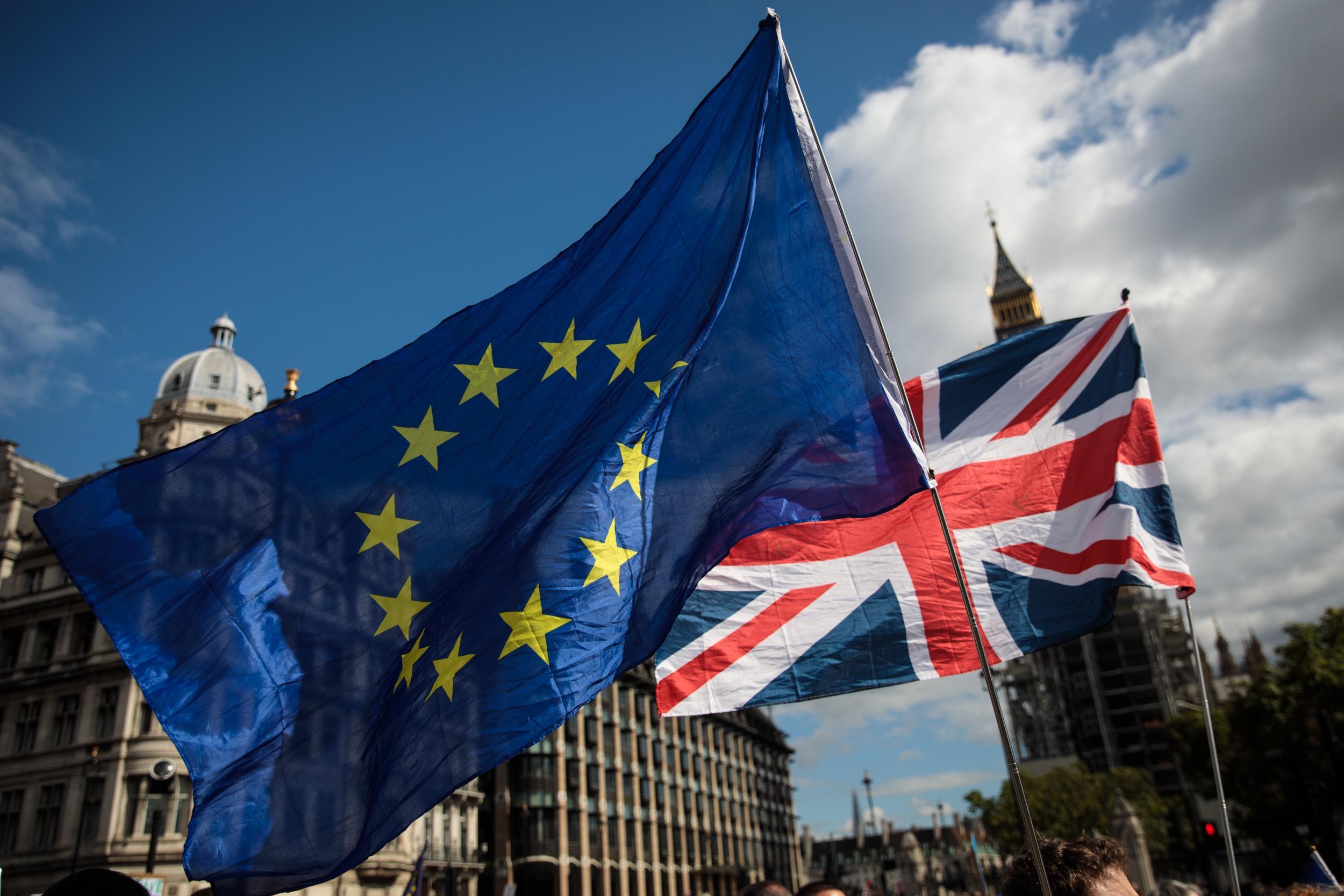Brexit: Young people in Britain fear for future after leaving the EU, finds study
Some 56 per cent said they hoped to work abroad in the future, while 57 per cent said they felt positive about the effects of globalisation on the UK

Your support helps us to tell the story
From reproductive rights to climate change to Big Tech, The Independent is on the ground when the story is developing. Whether it's investigating the financials of Elon Musk's pro-Trump PAC or producing our latest documentary, 'The A Word', which shines a light on the American women fighting for reproductive rights, we know how important it is to parse out the facts from the messaging.
At such a critical moment in US history, we need reporters on the ground. Your donation allows us to keep sending journalists to speak to both sides of the story.
The Independent is trusted by Americans across the entire political spectrum. And unlike many other quality news outlets, we choose not to lock Americans out of our reporting and analysis with paywalls. We believe quality journalism should be available to everyone, paid for by those who can afford it.
Your support makes all the difference.Young British people are worried about Brexit's impact on their opportunities and career plans, according to new research.
Next Generation, a British Council research series, found that two-thirds of young adults say they have an "international outlook".
This was roughly the same number that felt that way in 2011, the last time the British Council conducted this research in the UK.
Some 56 per cent said they hope to work abroad in the future, while 57 per cent said they felt positive about the effects of globalisation on the UK.
While 69 per cent were in favour of remaining in the EU, about 50 per cent admitted to not voting in the 2016 referendum. If it was held again, 60 per cent said they would vote to remain.
When asked what makes them proud to be British, a majority of young people said the NHS was the main or only reason.
The research also found that young adults have little trust in political institutions. The UK government came off worst, after being ranked on average 3.9 out of 10 for trustworthiness.
This number was only slightly higher for local councils and MPs generally.
The research, carried out by think tank Demos, was undertaken between October 2016 and May 2017. It comprised of a survey taken by 2,000 18- to- 30-year-olds, as well as discussions with focus groups and analysis of social media.
A spokesman for the Department for Education responded to the research by saying Britain should always remain a "truly outward looking, global nation."
"Schools already prepare pupils for life in modern Britain by teaching them the knowledge, skills and values they need to fulfil their potential," he said.
"For example, the citizenship curriculum teaches young people to play a full role in society and we have introduced both a national and international citizen service to support this.
"We recognise the value of international exchange programmes and collaboration in education and training, and are investing over £70m this year in high quality careers provision for young people."
Join our commenting forum
Join thought-provoking conversations, follow other Independent readers and see their replies
Comments